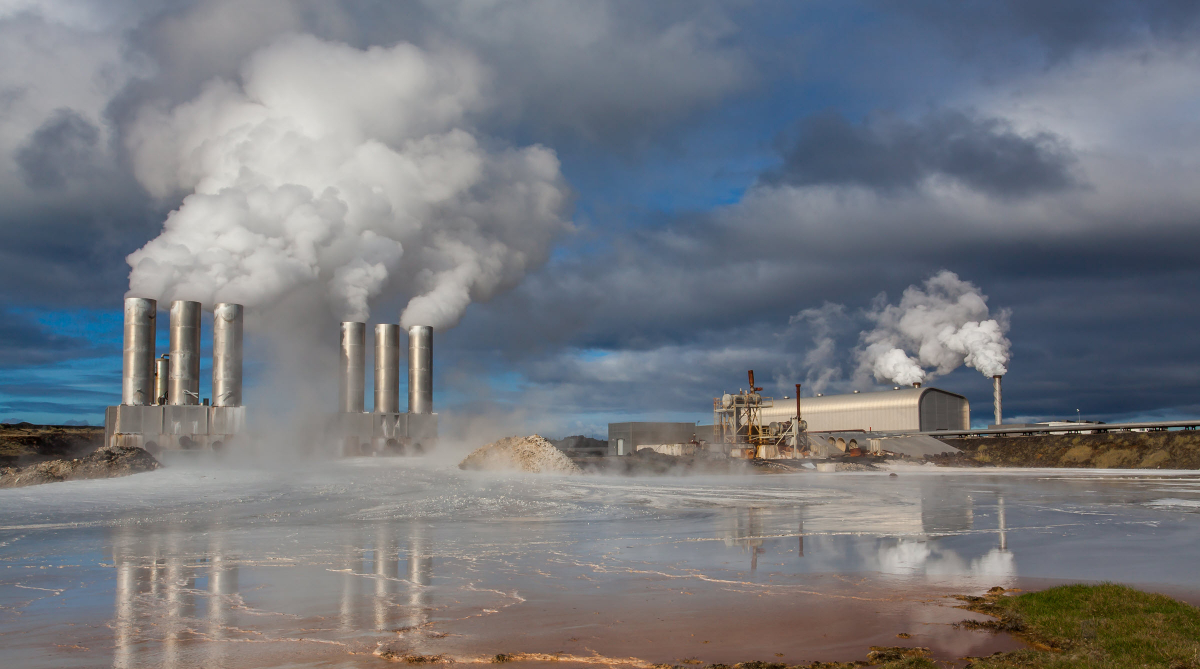German lithium is enough for millions of electric cars
From the year 2025, lithium could be extracted from German geothermal plants in an amount that would allow the construction of one million electric vehicles per year. This is what the Vulcan Energy company assumes.
Contents
Win-win: geothermal plants can produce lithium
Vulcan Energy is currently building five geothermal power plants in the Upper Rhine Valley and has one of the world’s richest lithium deposits in geothermal brine at its feet. With a total volume of almost 16 million tons of lithium carbonate equivalent, the Upper Rhine Valley would provide the largest lithium reserves in Europe, explains Vulcan boss Horst Kreuter Euractiv.
By 2025, Vulcan Energy aims to be able to extract 40,000 tons of lithium hydroxide annually from the Upper Rhine Valley with no emissions. That would be the amount that would be needed for the aforementioned million e-cars.
The entire production would take place within very short distances. For example, the extracted raw lithium would be transported to a nearby central refinery, where it is converted into lithium hydroxide and delivered to battery and automobile factories across Europe. Kreuter promises that the average transport distance for lithium is only 80 kilometers – while typical transport routes of 10,000 and more kilometers have been common up to now.
With the start of the plants from 2025, Vulcan Energy sees itself in a position to supply 100 percent of the battery industry in Germany or to cover 25 percent of the expected demand in all of Europe. Industry in Europe is currently still heavily dependent on imports from China, Australia and the Republic of the Congo. The prices are subject to rapid growth. In China, lithium carbonate prices have risen 276 percent since the beginning of the year.
So it is not surprising that lithium was included in the EU list of critical raw materials as early as September 2020 due to its strategic importance for the automotive industry. The focus has shifted to the search for a European lithium source, because the EU wants to be self-sufficient with batteries by 2025.
This also fits in with the fact that the EU Commission presented new standards for batteries in December last year, which stipulate that all batteries placed on the EU market must prove their carbon footprint and use responsibly sourced materials.
The extraction of lithium is a real turning point for geothermal energy as a commercial enterprise. Because that fundamentally changes the profitability calculation. Renewable energies, heating and cooling, which were previously the main product of geothermal energy, are becoming a pure by-product. The main product is the valuable lithium, which also enables other calculations for the energies to be transferred.
This is also how Vulcan boss Kreuter sees it: “Lithium changes geothermal energy in a certain way, because the economy is much better if you produce lithium instead of just geothermal energy. We are able to support the heating price and offer the communities in the vicinity of our power plants a low and stable price for heating. “
As expected, the automotive industry has also expressed its interest in the fact that the first lithium deliveries from Vulcan Energy have long been sold out, although not a kilogram of lithium has yet been obtained.



